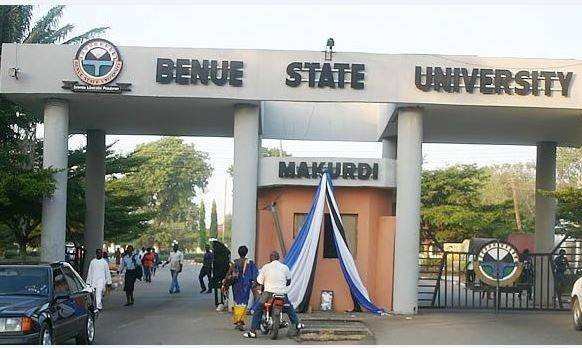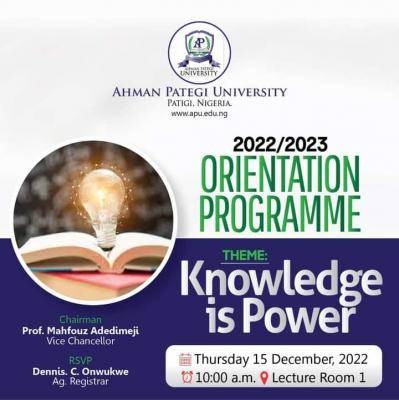
WHEN staff of the National Aviation Management Agency, NAMA, withdrew their services to protest failure of negotiations between their union and NAMA management on new salary scales the National Salaries, Incomes and Wages Commission approved for them, last May 20, it was the third major disruption of air transport services in two months.
Earlier interruptions were either caused when the authorities grounded airlines or by another set of workers with grouses against their employers. Services were skeletal during the recent case. Top NAMA management staff handled flight operations at major airports, but some foreign-originated flights were diverted to neighbouring countries.
The Academic Staff Union of Universities, ASUU, has been on strike for more than three months. The resolution is not in sight as each party holds firmly to its position. There are few considerations about how academic activities scheduled for the strike period, would be managed.
As if in a relay race, the Academic Staff Union of Polytechnics, ASUP, was ending its own three-month strike, when ASUU’s began. Before them, the Nigeria Union of Teachers, NUT, went on strike and ASSU had a sympathy strike with them.
NUT is threatening to pay back the ASUU favour with a sympathy strike that would cripple primary and secondary schools.
The National Association of Resident Doctors is on strike because of implementation of the Integrated Payroll and Personnel Information System, IPPIS. Matters relating to emolument of doctors in public service have been consistently contentious in the past few years with doctors been on long drawn strikes to make their point.
Lives of patients are at risk when doctors strike. Governments have used the issue of saving lives as blackmail in their dealing with the doctors. Endangered patients are at the mercy of the warring parties or if they have the resources, they seek relief elsewhere.
Other unions are on strikes that do not enjoy the prominence of unions in education and health. They are equally disruptive.
Strikes are legitimate instruments for advancing worker’s rights. We, however, caution that they should be used sparingly and remain the last option. There have been too many strikes from the unions, creating the impression that all they do is strike. It is obvious now that most of the strikes failed to resolve the issues.
During strikes, unions and their employers take their rivalry to those they serve. The unions engaged in scare mongering, while the managements provide skeletal services, depending on the sectors.
Governments need to live up to their responsibilities to their staff. Unions, on the other hand, should explore ways of resolving matters without embarking on strikes which are disruptive, and in the case of doctors, cost lives.




